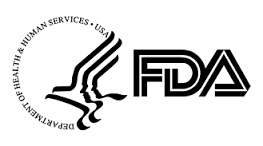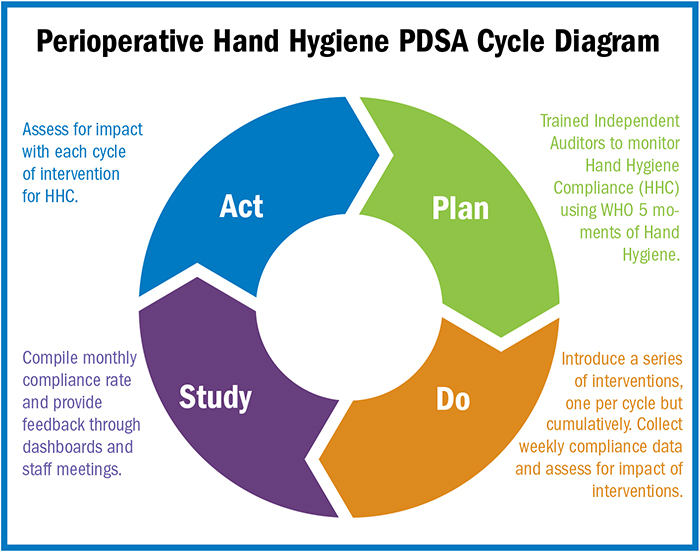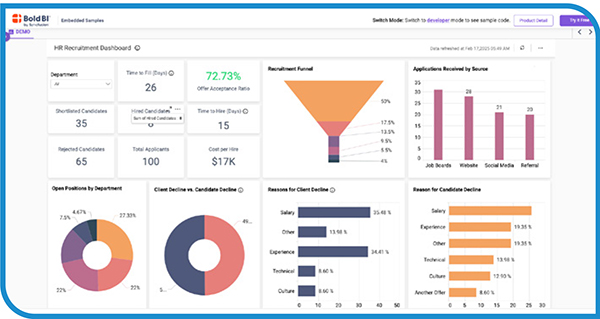 Safety/Quality
Safety/Quality
Infusion pumps deemed high-risk in FDA early alert

Editor's Note Baxter Healthcare Corporation has issued a letter to affected customers recommending certain Spectrum infusion pumps be removed from where they are used or sold, according to a March 5 early alert from the US Food and Drug Administration (FDA). The FDA notice concerns the Sigma Spectrum Infusion System…
Stem cell researchers tout potential for sickle cell disease cure

Editor's Note A novel stem cell transplant treatment for sickle cell disease (SCD) led to disease-free outcomes for most participants in a clinical trial at a lower cost than gene therapy, according to a February 27 report in Sickle Cell Disease News. The approach, which relies on a less intensive…
Study: Stem cell therapy restores vision in LSCD patients

Editor's Note A novel stem cell treatment for unilateral limbal stem cell deficiency (LSCD)—a type of corneal disease caused by injury—restored corneal function in half of study participants within three months, according to a March 5 report in Medical News Today. According to the article, the experimental therapy, cultivated autologous…
AMSURG launches nationwide campaign to spotlight rising colon cancer rates, urges early screening
Editor's Note Coinciding with Colon Cancer Awareness Month, AMSURG—a leading provider of ambulatory surgery center (ASC) services and GI care—has launched an educational push to boost colonoscopies and reduce soaring colon cancer rates, particularly among younger adults, a March 3 press release reports. The campaign highlights the lifesaving impact of…
AAAHC seeks stakeholder feedback on revised v44 standards to elevate patient-centered care

Editor's Note The Accreditation Association for Ambulatory Health Care (AAAHC) has opened a public comment period for proposed revisions to its v44 standards, ASC Focus February 28 reports. From now until March 29, healthcare professionals and other stakeholders are encouraged to share insights that will help refine the guidance for…
Mentorship keeps newer nurses from scrubbing out

Starting a new job can be stressful for anyone, but nursing comes with a particular set of pressures. A 2024 survey of 6,000 nurses from the American Nurses Association (ANA), in partnership with McKinsey and Company, found that an astonishing 45% of early-tenure nurses reported they were somewhat likely to…
Visual cues, education boost hand hygiene compliance

It is often said that small actions lead to big results. This so happens to be the case with hand hygiene compliance (HHC) in healthcare. Imagine a simple act, like washing hands, cutting infection rates by half—hospital-acquired infections (HAIs) and surgical site infections being reduced simply by improving handwashing behaviors.…
Human resources dashboards reshape workforce planning

Takeaways • HR dashboards facilitate tracking key performance indicators related to recruitment, retention, and staffing needs. • HR dashboard data facilitate planning for current operations as well as new endeavors. • Elements of a successful HR dashboard include capability to determine users’ needs, to filter data in multiple ways, and…
Fresh tools, talking points drive sharps safety culture shift

Takeaways • The prevalence of needlesticks and other sharp object injuries to OR team members is 42.8%, an increase of 16% over the past decade. • New research and perspectives are shaping the discourse around sharps safety, such as new and expanded evidence-based practices presented in AORN’s 2025 update to…
Capital funding crunch spurs creative hospital financing

Health systems are fundamentally capital intensive. They are regulated; depend on highly educated, high-cost employees; and operate under complex reimbursement structures. Investing in new technologies and infrastructure upgrades is imperative to keeping up with the latest medical advances. But what happens when capital funds are insufficient or no longer available?…

 Free Daily News
Free Daily News